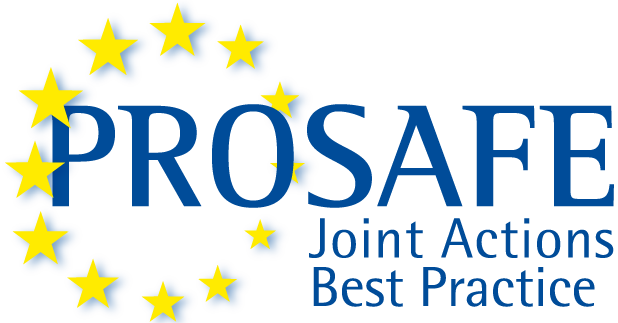Energy Labelling and Ecodesign of Appliances and Products
Overview
In the European Union, many everyday products such as washing machines, refrigerators and cooking appliances carry energy labels and have been designed to meet minimum energy efficiency standards.
The result of these labels and standards will be an energy saving of around 175 Mtoe (million tonnes of oil equivalent) by 2020, roughly equivalent to the annual primary energy consumption of Italy. For consumers, this means a saving of 465€ per year on household energy bills. Moreover, energy efficiency measures will create 55€ billion in extra revenue for European companies.
Energy Labelling
Energy Labelling
Energy labels help consumers choose energy efficient products. The labelling requirements for individual product groups are currently created under the EU's Energy Labelling Directive, a process managed by the European Commission. Products are labelled on a scale of A+++ (most efficient) to G (least efficient).
In July 2017 the Commission published a new Energy Labelling Regulation that will gradually replace the Directive. In the future, products will be labelled using a simpler A to G scale, as the development of more energy efficient products means that the lowest categories in the previous scale are no longer needed. Consumers will also have access to a database of product labels and information sheets, and defeat devices, which alter a product's performance under test conditions, will be banned.
Companies can create their own labels for energy efficiency using a range of labelling tools.
- Energy labelling regulations
- FAQ on the Energy Labelling Directive and its Implementing Measures
- The Energy Label Generator
- EU households to save €45 a year thanks to new energy efficiency measures
- The Nordic Ecodesign Effect Project - Estimating benefits of Nordic market surveillance of ecodesign and energy labelling
Ecodesign
Ecodesign regulations require manufacturers to decrease the energy consumption of their products by establishing minimum energy efficiency standards. By setting these standards at European level, manufacturers do not have to navigate through multiple national regulations when launching their products on the market.
The ecodesign requirements for individual product groups are created under the EU's Ecodesign Directive, a process managed by the European Commission. As an alternative, industry sectors may also sign voluntary agreements to reduce the energy consumption of their products. The Commission formally recognises such agreements and monitors their implementation.
- Ecodesign regulations for products
- Voluntary agreements for products
- Official Members of the Ecodesign Consultation Forum, Commission decision on the Ecodesign Consultation Forum
- Preparatory studies for Eco-design and Energy Labelling legislation (CIRCABC)
- FAQ on the Ecodesign Directive and its implementing measures (DG Enterprise and Industry)
Source: (c) European Commission website, 26/01/2018.
